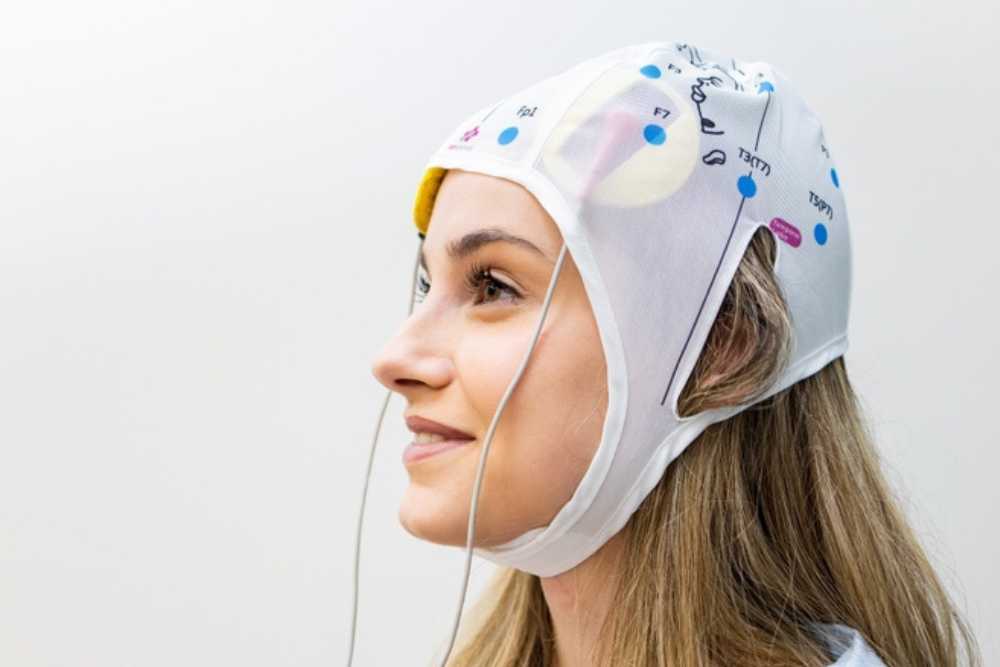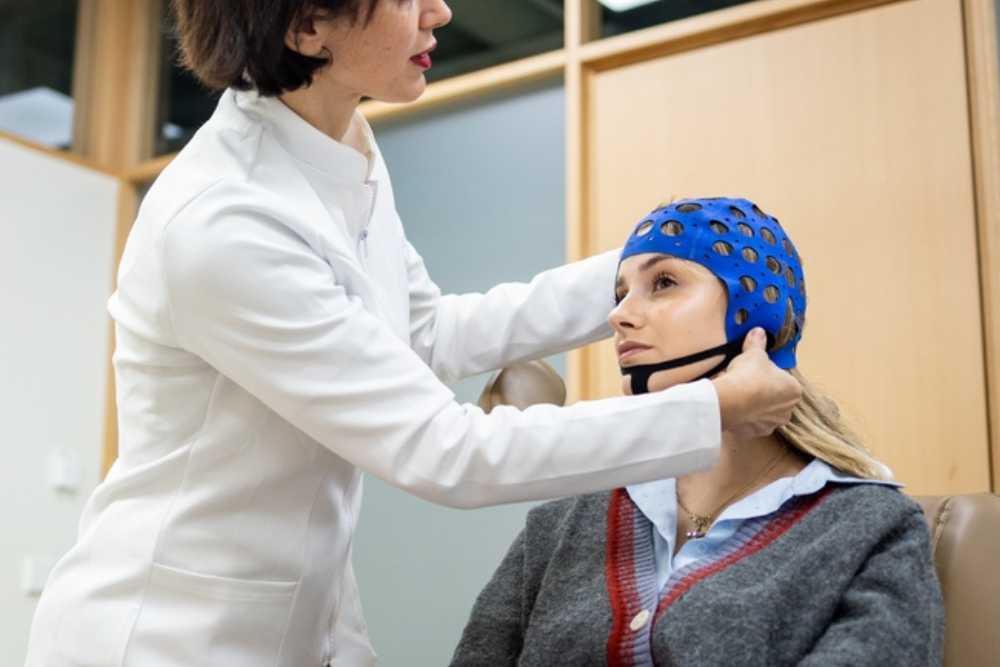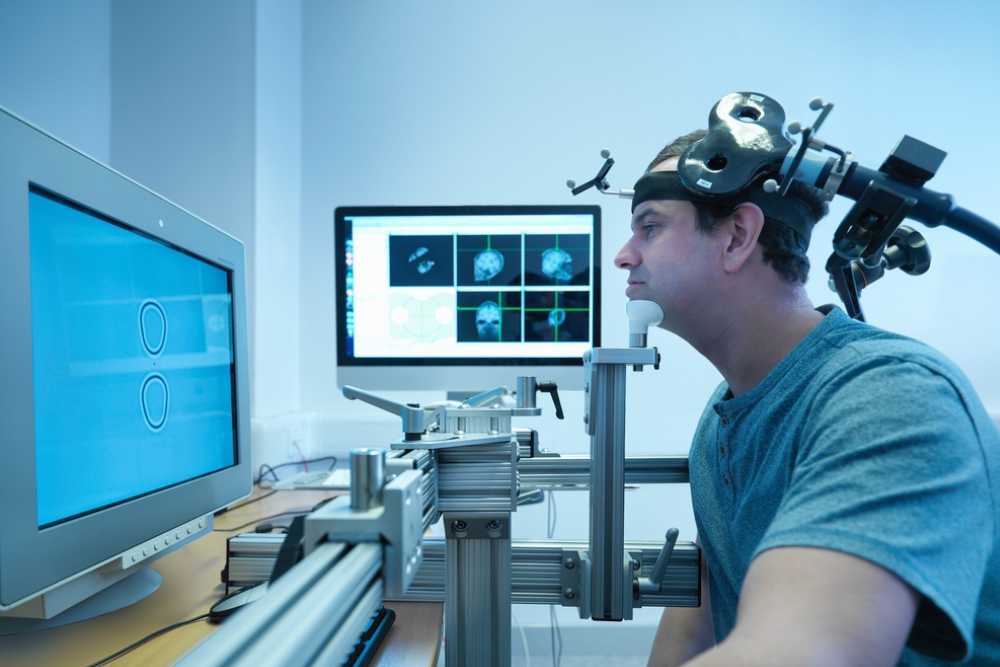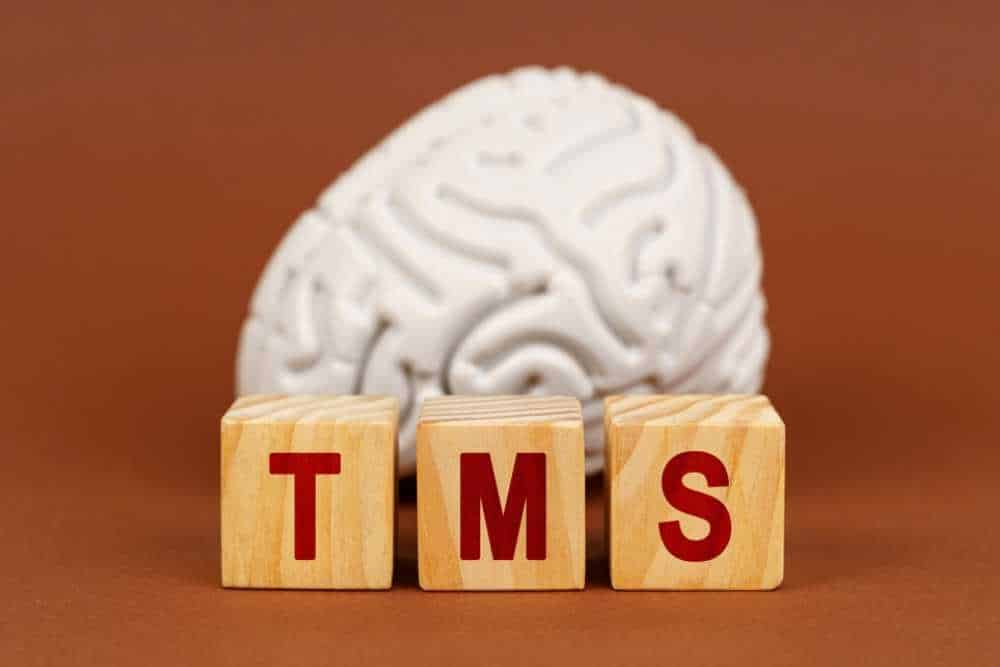We Accept Most PPO Insurance Policies
All calls and submitted forms are 100% confidential. Insurance could completely cover the cost of treatment




As mental health treatments in California continue evolving, Transcranial Magnetic Stimulation (TMS) is emerging as an effective therapy for certain conditions, particularly depression. TMS Huntington Beach treatment uses brain stimulation to trigger cascading effects throughout interconnected brain networks involved in mood, emotion regulation, and cognitive function. Over time, these repeated stimulations can lead to lasting changes in neural connectivity and neurotransmitter activity, leading to improved mental health.

TMS therapy is a non-invasive medical treatment for mental health disorders that uses magnetic fields to stimulate nerve cells in the brain. It works by using focused magnetic pulses to stimulate specific areas of the brain involved in mood regulation. The therapy uses a magnetic coil placed against the scalp to generate brief, powerful magnetic pulses. These pulses pass through the skull and create small electrical currents in targeted brain regions, temporarily altering neural activity in those areas.
TMS is most commonly used for major depressive disorder, especially when antidepressant medications haven’t been effective. It’s also being studied and used for anxiety disorders, PTSD, OCD, bipolar disorder, and certain neurological conditions like migraines.
Patients remain awake and alert during a session while sitting in a comfortable chair. The magnetic coil makes a clicking sound with each pulse, and patients may feel a tapping sensation on their scalp. Most people can return to normal activities immediately after treatment.
Studies show that about 50-70% of people with treatment-resistant depression experience significant improvement with TMS. The effects often continue for months after treatment ends, and the therapy can be repeated if symptoms return. TMS is generally well-tolerated. The most common side effects are mild headaches and scalp discomfort during or after treatment, which typically decrease as patients adjust to the therapy.
Yes, TMS therapy is FDA-approved for several conditions:
The FDA has approved different TMS protocols and devices:
The FDA classifies TMS devices as Class II medical devices, meaning they require specific safety and effectiveness standards. Treatment must be prescribed by a qualified physician and administered by trained healthcare professionals.
Because of its FDA approval status, many insurance plans, including Medicare, cover TMS therapy for approved conditions when medical necessity criteria are met. This typically requires documentation that other treatments haven’t been sufficiently effective. The FDA approval provides important validation of TMS as a legitimate, evidence-based treatment option at many mental health centers near Huntington Beach, distinguishing it from experimental or unproven therapies.

TMS Huntington Beach therapy is most appropriate for specific groups of people with certain mental health conditions. Here’s who should consider it:
Who Should Not Try TMS
Several factors make TMS inappropriate or unsafe:
TMS is typically considered when:
The decision should always involve a qualified psychiatrist or neurologist who can evaluate your specific medical history, current medications, and treatment goals. They’ll assess whether TMS is appropriate and safe for your particular situation. A thorough evaluation is essential because TMS works best when it’s the right fit for the person and their specific condition.


While TMS is generally considered safe, complications and side effects can range from mild to serious. The most frequent complaint is pain, tingling, or discomfort at the treatment site during and after sessions. This usually decreases as patients adjust to treatment.
Many patients experience mild to moderate headaches, particularly after early sessions. These typically improve over time and can often be managed with over-the-counter pain relievers. Some people experience involuntary muscle contractions in the face or jaw during treatment, which is usually temporary.
Seizures are the most concerning potential complication, occurring in less than 0.1% of patients. Risk factors include sleep deprivation, alcohol use, certain medications, and a personal or family history of seizures. The loud clicking sounds during treatment can potentially cause hearing damage if proper ear protection isn’t used.
Some patients report temporary concentration difficulties or memory issues, though these are generally mild and resolve after treatment. Occasionally, patients may experience increased anxiety or agitation, particularly early in treatment. Rarely, skin irritation or burns can occur at the coil placement site. Most complications are manageable when they occur, but discussing all potential risks with your treatment provider before starting TMS is important.

TMS Huntington Beach requires a comprehensive medical evaluation to identify contraindications, such as metal implants, seizure history, or medications that could increase risks. Moment of Clarity can properly screen patients and make informed decisions about treatment options. We maintain strict safety protocols, including seizure management procedures and emergency response capabilities.
Contact 949-625-0564 to access our outpatient mental health facilities near Huntington Beach, CA.